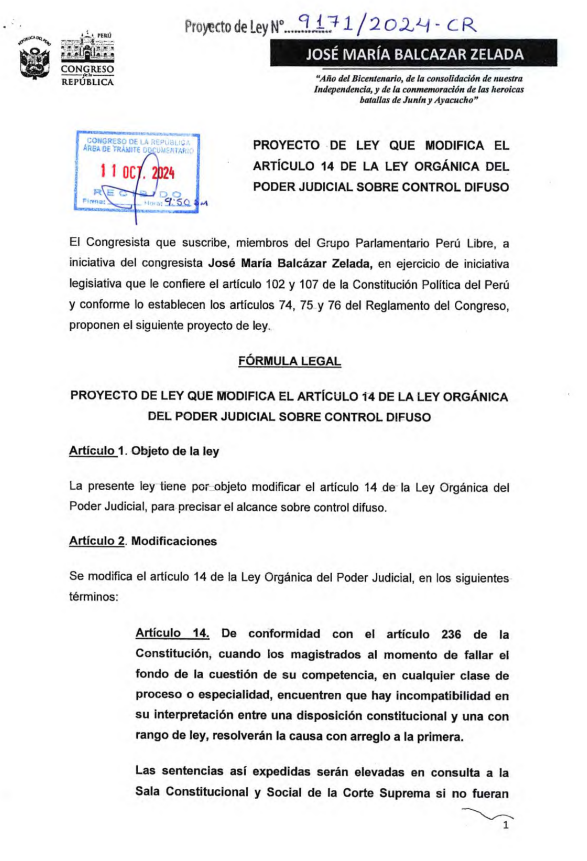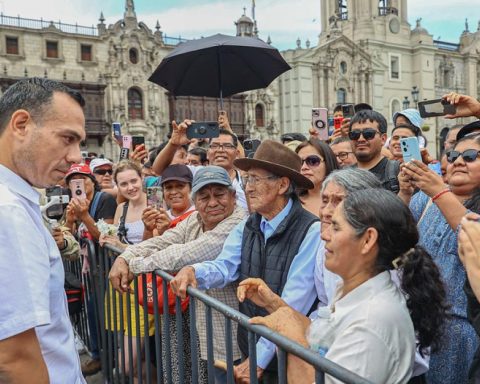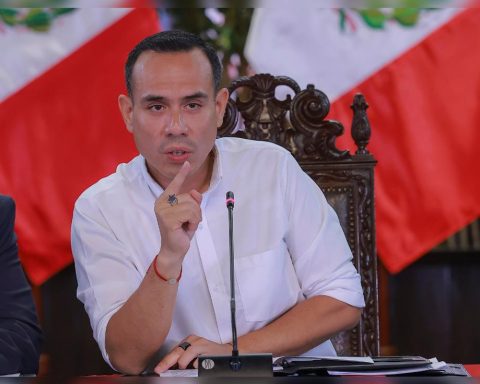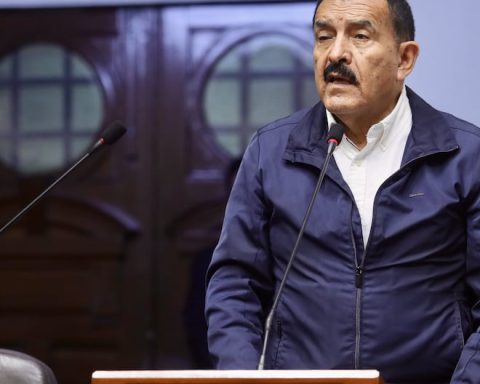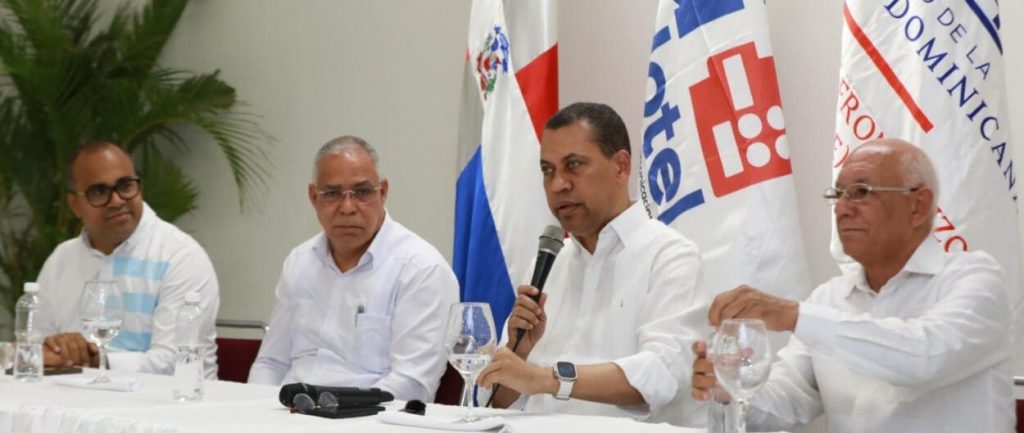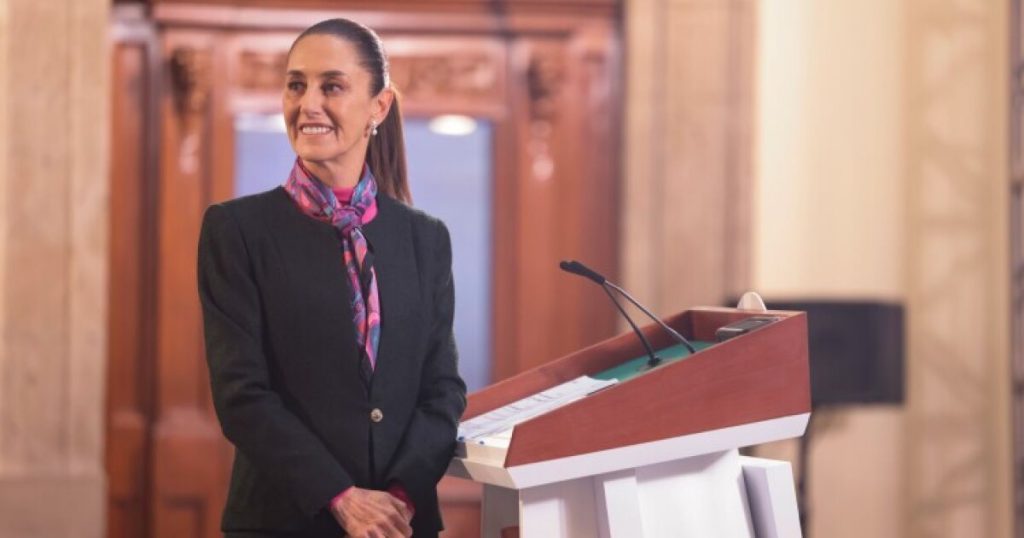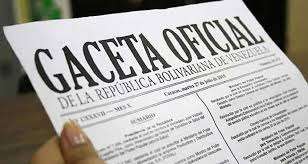The legislator of the Peru Libre party, José María Balcazar, has presented a project that would seek to subdue the decisions of the judges by making theThe laws pass first through the Constitutional Court. The law seeks to modify article 14 of the Organic Law of the Judiciary about diffuse control. That is to say, before applying diffuse control, a claim of unconstitutionality is filed before the TC, so that the magistrates can decide whether that law is constitutional or not.
In an exclusive statement for La República, the constitutionalist César Delgado Guembescommented that this project, although not manifestly unconstitutional, would weaken the competence of the Judiciary in the exercise of its functions as a diffuse control body of the constitutionality of national legislation.
“It does so by limiting the capacity of the judge who, before disapplying the unconstitutional norm, subjects and suspends the attribution that corresponds to him according to the Constitution, to the consultation that must be carried out before the Constitutional Chamber of the Superior Court. And he does so, furthermore , by distinguishing diffuse control between legal norms, in general, and the legal norms approved by the Congress of the Republic. This last attribution can incur a type of unconstitutionality, because, according to the Constitution, there is no difference between the norms of. the same hierarchy, force and legal rank. The laws approved by Congress do not have hierarchy, rank, or force, superior to any other legal norm,” said Delgado Guembes.
Likewise, he highlighted that the jurisdiction of judges to disapply any legal norm contrary to the Constitution is the same, without any constitutional distinction. On the other hand, he also stressed that the Constitution does not recognize advisory powers to the Constitutional Court, nor as a constitutional body of organic control of the Judiciary.
Congress approved a law that favors it in a jurisdictional lawsuit for the JNJ case
Congress approved a law that benefits it in the context of the jurisdictional claim before the Constitutional Court, related to the National Board of Justice (JNJ). This rule modifies key aspects of the relationship between powers of the State, affecting the powers of the Court in decisions that involve Congress. The opinion had 70 votes in favor of the benches ofPopular Force (PF)Alliance for Progress (APP), Podemos Peru,Free PeruPopular Action, Magisterial Block, Avanza País and Somos Perú.
This decision occurs in the midst of a conflict over the dismissal of the members of the JNJa measure that has been highly questioned by other political sectors and public opinion. The ruling reduces to four the votes necessary for the Constitutional Court resolves jurisdictional claims and its application is valid for processes pending resolution.
